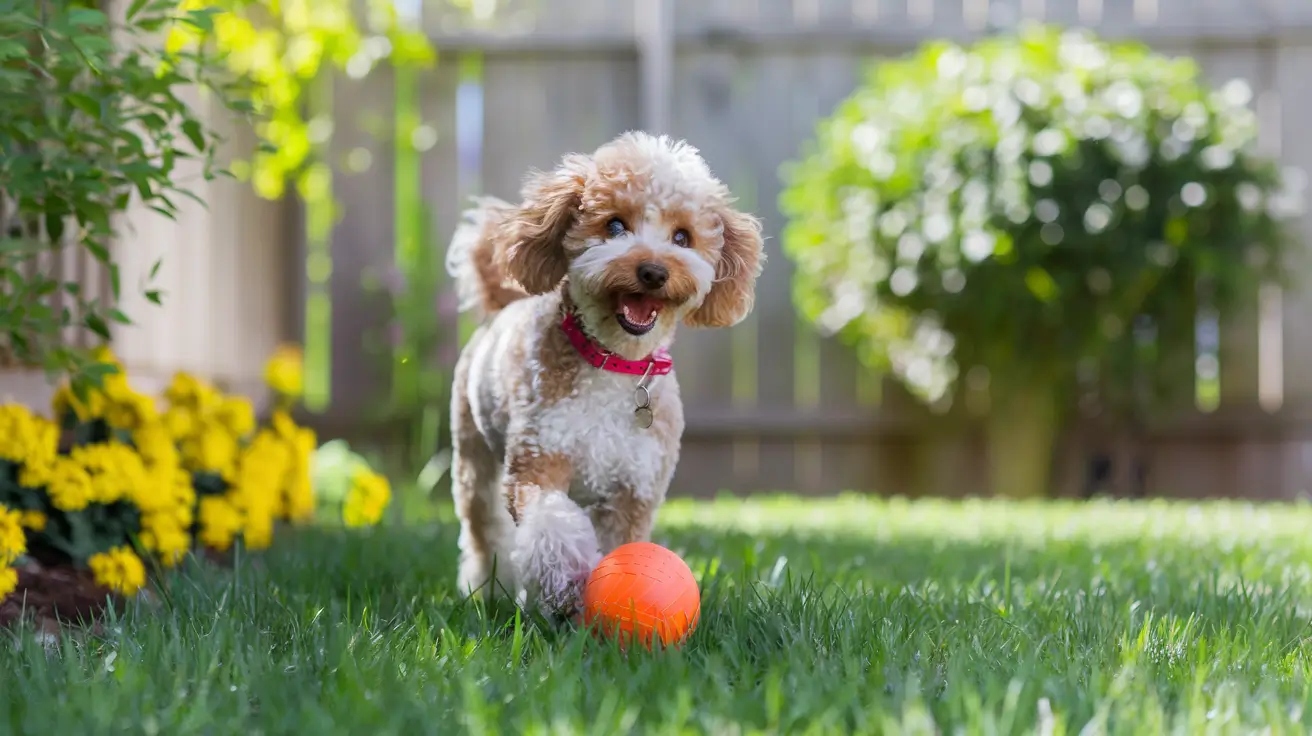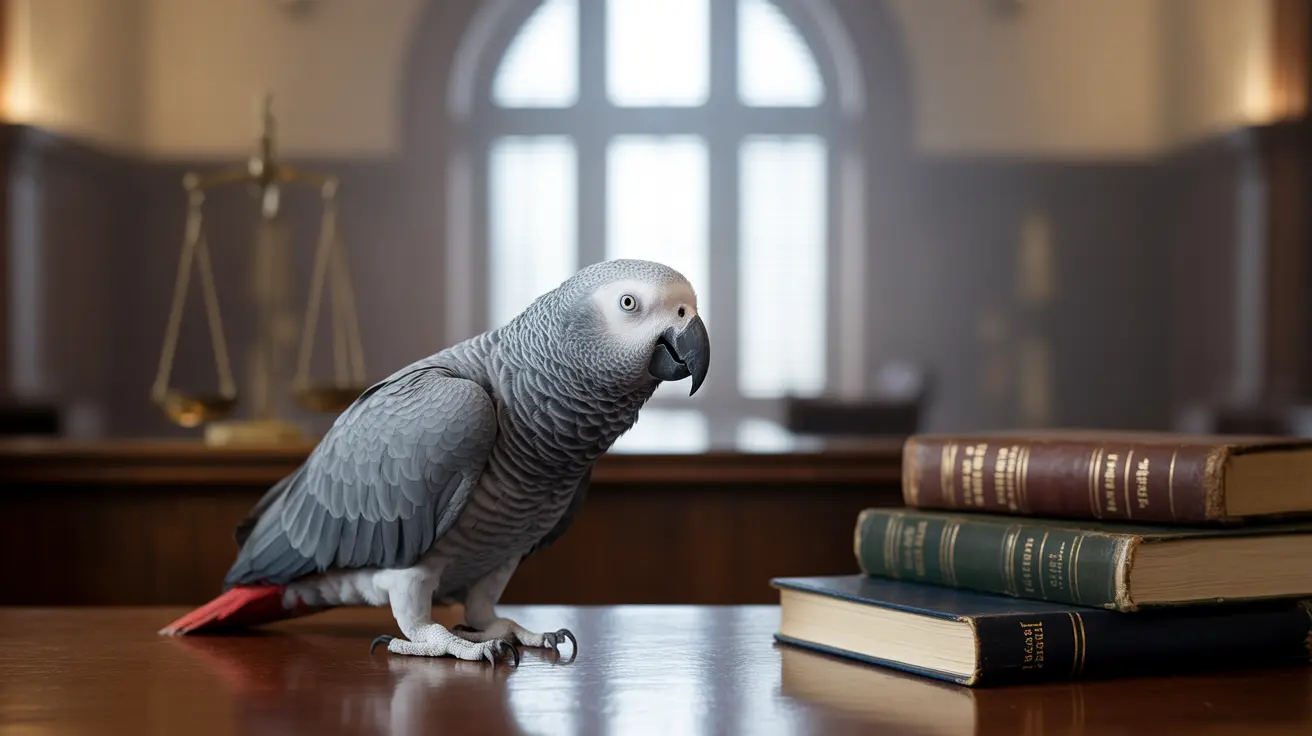Introduction to Toy Poodles
Toy Poodles are renowned for their intelligence and playful demeanor, making them one of the most entertaining dog breeds. Despite their small stature, standing no more than 10 inches tall and weighing between 4–6 pounds, Toy Poodles possess a personality that can fill any room. This breed's intelligence and eagerness to please make them highly trainable, yet their need for mental and physical stimulation is paramount to prevent boredom.
Historical Background and Origins
The origins of the Toy Poodle trace back to Germany, where they were developed from the larger Standard Poodles. Over time, they became associated with France, where they gained popularity as fashionable companions. This historical journey has shaped the Toy Poodle into a breed that embodies both elegance and charm, with a rich heritage in European culture.
Toy Poodle Personality and Temperament
Toy Poodles are celebrated for their intelligence and eagerness to please, traits that make them excellent family pets. Their social nature and lively spirit make them well-suited for households where they can interact with people and other pets. Regular exercise and mental engagement are crucial to keep them happy and prevent them from becoming restless or developing behavioral issues.
Comprehensive Care Needs
Caring for a Toy Poodle involves meeting their grooming, exercise, and mental stimulation requirements to ensure they thrive.
Grooming Essentials
Toy Poodles have curly coats that demand extensive grooming. Their hair grows continuously, necessitating trims every four to six weeks to prevent matting. Regular brushing is essential, particularly in puppyhood, to maintain coat health. Additionally, their long ear canals require regular cleaning to prevent infections, and their eyes need care to avoid staining. Dental health is also crucial, with daily tooth brushing recommended to prevent dental disease.
Feeding and Nutrition
A balanced diet is essential for maintaining the health and vitality of Toy Poodles. Feeding schedules should be consistent, and meals should be rich in nutrients to support their active lifestyle. Consulting with a veterinarian can help tailor a diet plan that meets their specific needs, ensuring they receive the right balance of proteins, fats, and carbohydrates.
Health Concerns and Preventative Care
While generally healthy, Toy Poodles are predisposed to several health issues that require attention and preventative care.
Genetic Health Issues
Toy Poodles may suffer from Progressive Retinal Atrophy (PRA), leading to vision loss, and Patellar Luxation, causing knee discomfort. Von Willebrand’s Disease (VWD) is another genetic disorder affecting blood clotting. Regular veterinary check-ups and monitoring are crucial to manage these conditions effectively.
Common Ailments
Common issues include ear infections due to their ear structure, dental disease from plaque build-up, and tracheal collapse, which affects breathing. Preventative measures, such as regular ear cleaning, daily dental care, and weight management, can help mitigate these ailments.
Training and Behavioral Insights
Effective training is key to harnessing the intelligence of Toy Poodles, using methods that stimulate their minds and reinforce positive behavior.
Training Techniques
Consistency and repetition are vital in training Toy Poodles, alongside positive reinforcement techniques like treats and praise. Clicker training can provide clear signals for desired behaviors, while agility training offers both physical exercise and mental engagement.
Behavioral Challenges
Toy Poodles may experience separation anxiety and stress-related symptoms if left alone for extended periods. Addressing these challenges through gradual desensitization and providing interactive toys can help alleviate anxiety.
Fun and Engaging Activities
To cater to their intelligence and energy levels, activities such as agility courses and nose work are ideal for Toy Poodles. These activities not only provide physical exercise but also offer mental stimulation, keeping them entertained and content.
Considerations for Potential Owners
Prospective Toy Poodle owners should be aware of the time and financial commitments involved in caring for this breed. Regular grooming, veterinary visits, and training sessions require dedication and resources. However, the rewards of owning a Toy Poodle, with their affectionate and intelligent nature, are well worth the investment.
Frequently Asked Questions
Common questions about Toy Poodles often revolve around their suitability as pets, cost considerations, and size comparisons with other Poodle varieties. Toy Poodles are excellent pets for those who can meet their care needs, with costs varying based on grooming and healthcare requirements. In terms of size, they are the smallest among the Poodle varieties, yet their personality is anything but small.
Conclusion
Toy Poodles are intelligent, affectionate companions that require dedicated care and attention. By understanding their grooming needs, health concerns, and training requirements, owners can ensure a fulfilling and joyful life for their Toy Poodles. For those ready to embrace the commitment, Toy Poodles offer companionship and entertainment unlike any other breed.






